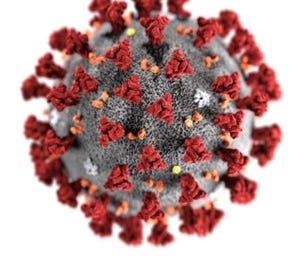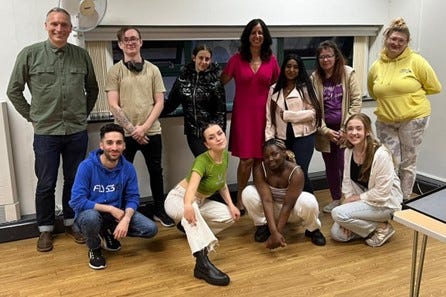Economics with People
Volume 1: Chapter 2: Applying co-production to economics, as well as social issues
Our journey started in chapter 1 so we recommend reading that first if you haven’t already.
It is currently easier to apply co-production to social issues, but what about economics?
By 2020, Unlimited Potential had done co-production with local people and communities on social issues for about a decade. The projects had largely gone well and had had an impact.
However, we identified a substantial problem: at the end of the projects, many of the local people and communities who we worked with remained poor. We also recognised that the lack of control that many people felt in their lives was about a lack of power, but this was rooted in having little or no wealth: a lack of control or ownership of economic resources, either individually or collectively.
At a major review of Unlimited Potential’s work and future direction, we therefore agreed to focus on applying our approach to inclusive economy as well as social issues. This shift was formally agreed days before the first ‘lockdown’ in response to the COVID-19 situation.
The patterns of severe illness and death from COVID-19 starkly exposed the huge inequalities between different areas and communities across Greater Manchester. In its report in 2021, the Greater Manchester Independent Inequalities Commission reflected how entrenched and intersecting socio-economic inequalities heavily influenced people’s ability to participate in society and their health and well-being.
Amongst other things, the Commission promoted both community wealth-building and the important role of local anchor institutions to use their spending, investment and power to best effect in reducing inequalities.
In January 2020, Dr. Muna Abdel Aziz came into post as Salford’s new Director of Public Health. Building on previous explorations at Salford Health and Wellbeing Board, Unlimited Potential discussed with her the application of co-production to address key determinants of health and well-being. This prompted the explicit inclusion of co-production as a way “to develop innovative local solutions to complex issues such as child poverty, suicide prevention, loneliness and social isolation, and climate change” in the Salford Locality Plan 2020-2025.
From this emerged a new project on Co-production for Health and Well-being together with young adults from low-wealth and disadvantaged backgrounds. Starting with the complex issues, they identified stability and security for children and families as the fundamental issue. They concluded that enjoyable work and good homes were the first steps to achieving this. They have since worked with senior decision-makers to create both short-term and long-solutions to both themes.
These conclusions reinforced our belief in inclusive economy as a key means to promote health and well-being.
We already knew the power of community, citizenship and participation. Participatory approaches effectively utilise local assets, capacities and resources to catalyse the existing strengths of local people and communities and to meet their needs.
However, co-production is essentially a culture and a mindset. It is about things being done by and with local people, together with local agencies. The ‘system’ needs to have the culture to be ready and willing to respond positively, not least when the priorities of local people do not neatly conform with current system design and ‘silos’.
It had taken Unlimited Potential and its allies much effort and many years to get public services to a point of recognising the value of co-production. There has recently been recognition in Greater Manchester that public service reform is not only reforming public policy and services, but also enabling the capacity of communities to do things for themselves.
Traditionally, the culture of economic development has largely been about doing things to or for local people and communities. It lacked a culture and mindset of co-production with local people and communities.
What does this mean for you?
· How far does your locality or organisation focus on inclusive economy, especially local people’s control or ownership of economic resources?
· Who might be your influential allies in promoting a culture and mindset of co-production with local people and communities?
Please share your comments, answers and questions with us using the ‘leave a comment’ button below. If you have a newsletter and would like to feature us, please get in touch.
Next time: what does co-production in economic development mean in reality?
Next chapter here:
Economics with People
What does co-production in economic development mean in reality? Salford is a city in the centre of the city-region of Greater Manchester, to the east of which is the city of Manchester. Historically, Salford was a major centre for cotton and silk spinning and weaving during the industrial revolution in the 18







